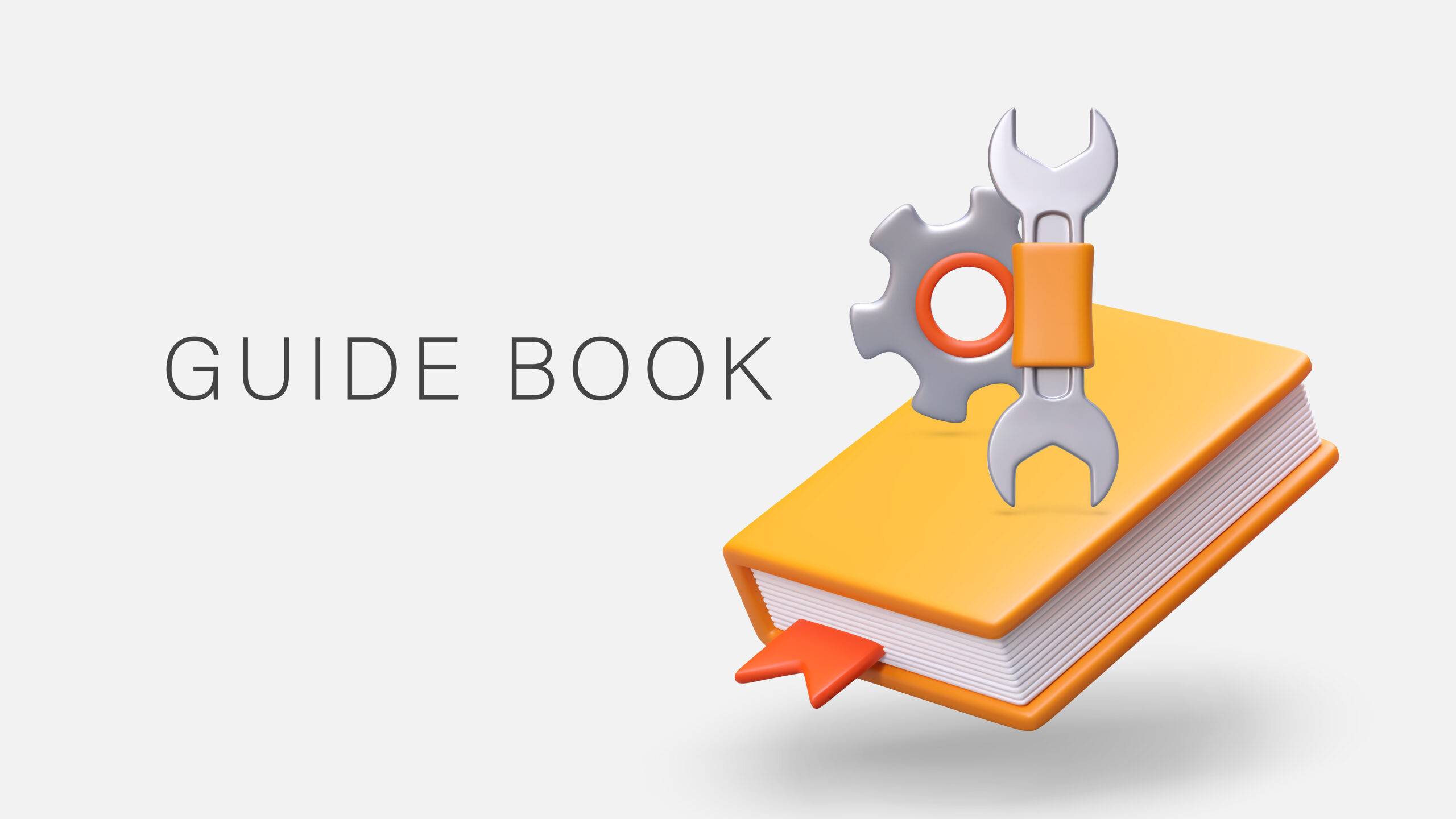Self-Study
Essentials of Payroll Accounting
Payroll accounting practices, including payroll cycles, timekeeping systems, and commission tracking.

$58.00 – $78.00
Webcasts are available for viewing Monday – Saturday, 8am – 8pm ET.
Without FlexCast, you must start with enough time to finish. (1 Hr/Credit)
Please fill out the form below and we will reach out as soon as possible.
CPE Credits
2 Credits: Accounting
Course Level
Overview
Format
Self-Study
Course Description
The complexity of payroll accounting can often overwhelm even the most efficient accounting departments, consuming excessive time and resources. Essentials of Payroll Accounting, a focused excerpt from Steven M. Bragg’s bestselling “Accountants’ Guidebook”, addresses this challenge by exploring efficient practices and techniques to streamline your payroll system. Are you struggling with the intricacies of managing various payroll cycles, maintaining the confidentiality of payroll information, or navigating the GAAP requirements of payroll accounting? This accounting payroll course provides a comprehensive solution, offering an in-depth look at essential payroll accounting elements. You’ll learn the differences between biweekly and semimonthly payroll systems, effective timekeeping solutions, and the nuances of recording commission expenses and bonus accruals. Additionally, the accounting and payroll CPE course covers advanced topics like stock-based compensation accounting and the classification of employee advances. Equip yourself with these strategic insights to transform your payroll accounting process into a model of efficiency and accuracy with our online payroll and accounting course.
Learning Objectives
Upon successful completion of this course, participants will be able to:
Chapter 1
- Define a payroll cycle.
- Identify when employees are paid in a biweekly payroll system and in a semimonthly payroll system and a key difference between the two systems.
- Name a timekeeping solution for an hourly employee who nearly always works 40 hours a week.
- Choose an action that will not help protect the confidentiality of payroll information.
Chapter 2
- Identify a characteristic of the chart of accounts.
- Cite why wages are accrued.
- List a permissible way to record a commission expense.
- Name a reason a company with few hourly staff might avoid wage accrual.
- Specify when a bonus expense should not be accrued.
- Cite why the accrued benefits journal entry is not commonly used.
- Identify how to classify an employee advance and a use of a stock subscription plan.
Chapter 3
- Specify proper accounting when stock is issued to an employee.
- Define the reload feature and implicit service period.
- List a characteristic of stock with a highly volatile price.
- Name a consequence of a stock option expiring unused.
- Cite an assumption of the lattice pricing model for stock options.
- Identify when a stock-based compensation arrangement is likely to be classified as a liability.
Course Specifics
1143393
October 17, 2022
There are no prerequisites.
None
55
Compliance Information
CMA Notice: Western CPE makes every attempt to maintain our CMA CPE library, to ensure a course meets your continuing education requirements please visit Insitute of Management Accountants (IMA)
CFP Notice: Not all courses that qualify for CFP® credit are registered by Western CPE. If a course does not have a CFP registration number in the compliance section, the continuing education will need to be individually reported with the CFP Board. For more information on the reporting process, required documentation, processing fee, etc., contact the CFP Board. CFP Professionals must take each course in it’s entirety, the CFP Board DOES NOT accept partial credits for courses.
Meet The Experts

Steven M. Bragg, CPA, is a full-time book and course author who has written more than 300 business books and courses. He provides Western CPE with self-study courses in the areas of accounting and finance, with an emphasis on the practical application of accounting standards and management techniques. A sampling of his courses include the The New Controller Guidebook, The GAAP Guidebook, Accountants’ Guidebook, and Closing the Books: An Accountant’s Guide. He also manages the Accounting Best Practices podcast. Steven has been the CFO or controller of both public and private companies and has been a consulting manager with Ernst & Young and …
Related Courses
-
 Accounting
Accounting
Accountants’ Guidebook
Steven M. Bragg, CPA QAS Self-Study
Credits: 30 $600.00
QAS Self-Study
Credits: 30 $600.00$600.00 – $640.00
-
 Accounting
Accounting
Accounting Fraud: Recent Cases
Joseph Helstrom, CPA QAS Self-Study
Credits: 1 $29.00
QAS Self-Study
Credits: 1 $29.00$29.00 – $49.00
-
 Accounting
Accounting
GAAP Guidebook
Steven M. Bragg, CPA QAS Self-Study
Credits: 29 $580.00
QAS Self-Study
Credits: 29 $580.00$580.00 – $620.00
